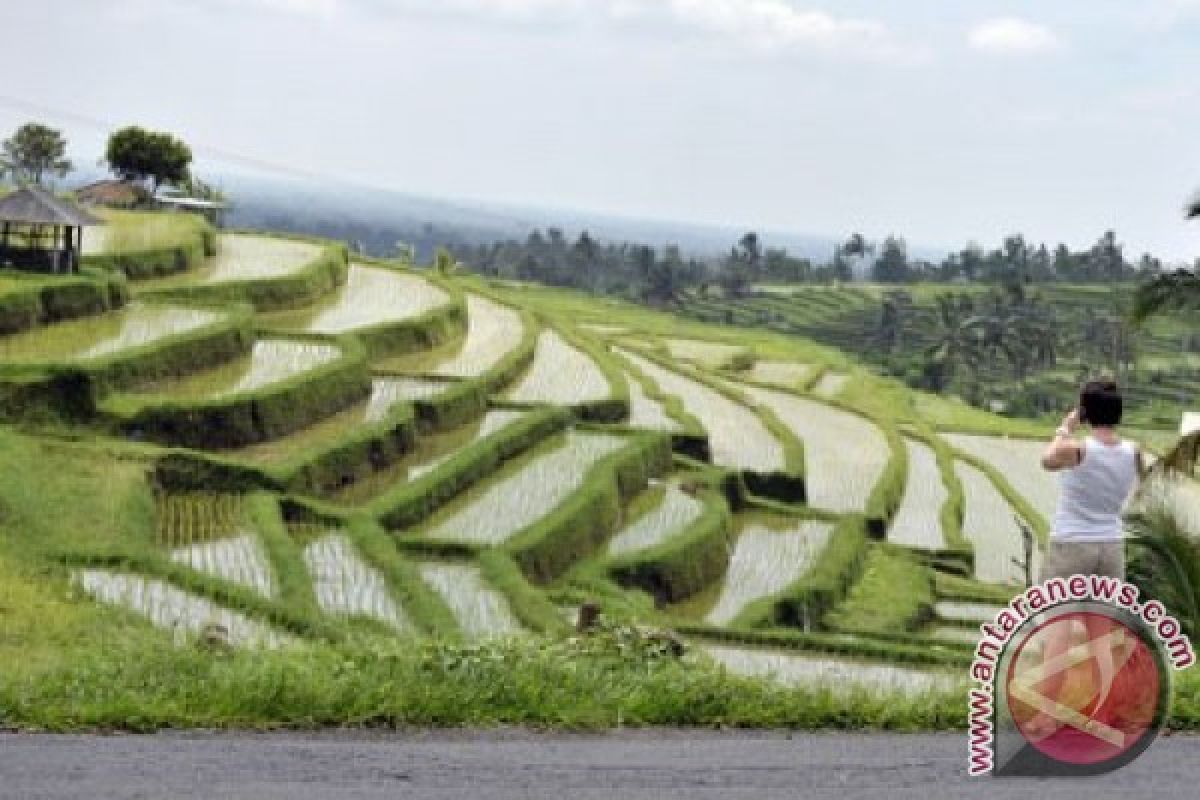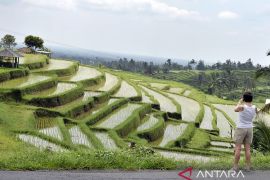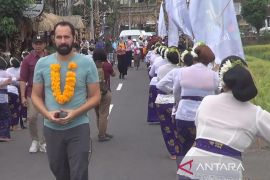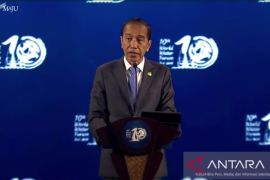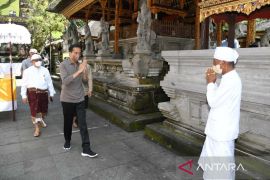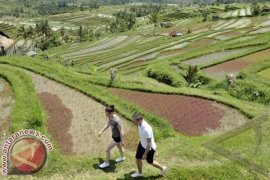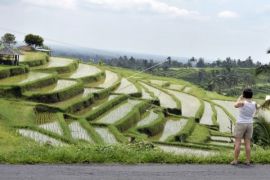The destruction of subak due to the diversion of land for purposes other than agriculture has been discussed since a long time..."Denpasar (ANTARA News) - The development of ecotourism in areas where "subak" traditional irrigation method is being applied in the island resort of Bali, will positively empower the local farmers, an observer has said.
"Empowering the farmers on the basis of sustainable nature will improve their welfare, manage the wealth of the local economy, and improve the integrity of local ecosystem," agricultural observer Gede Sedana stated here on Tuesday.
The dean of Dwijendra Universitys Faculty of Agriculture noted that ecotourism development is based on natural attraction with regard to support rural and cultural tourism.
According to him, ecotourism includes a number of important aspects concerning sightseeing tour, natural environment, local community involvement, local culture, and sustainability of the environment.
Gede Sedana then explained that subak, the traditional irrigation system in Bali, has various roles and functions to ensure food security, to control flood and erosion, and to maintain biological diversity.
Meanwhile, I Wayan Windia of Udayana University has noted that the destruction of subak will affect all aspects of life on this paradise island.
"The destruction of subak due to the diversion of land for purposes other than agriculture has been discussed since a long time, but it has never been addressed completely," Windia pointed out here on Saturday.
He noted that if the subak in Bali was destroyed, the culture of Bali that has been passed on from generation to generation will also disappear.
"The destruction of subak will destroy all economic sectors in Bali because they are all interrelated," he added, explaining that economic sectors, particularly tourism, on the island are based on local culture and tradition.
But he pointed out that, in reality, the tourism sector has destroyed the agricultural area and the subak in Bali.
(Uu.INE/KR-BSR/O001)
Editor: Priyambodo RH
Copyright © ANTARA 2014
